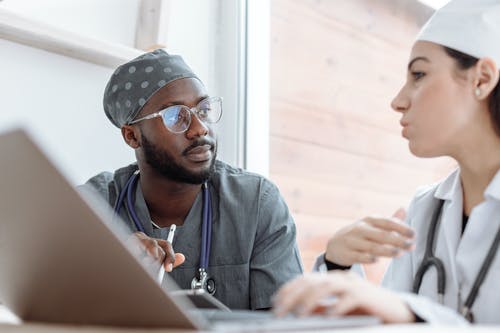Your general practitioner (GP) is usually the first person to go to if you have a specific health issue. Establishing an ongoing relationship with your GP, who you trust most, is an effective way of achieving good health and mental wellbeing.
Role of a general physician or a doctor
Your local GP or doctor is your first point of contact for preventative medical care. GPs are experienced in medicine and are equipped to treat patients for general health problems, including illnesses or injuries. Some GPs specialise in distinct areas, such as kid’s health or aged care.
When you regularly visit your doctor for clinical consultation in Toowoomba, it helps you create an opportunity for your doctor to know you and get familiar with your medical history over time.
Your GP takes care of the following areas, including:
• Diagnosing and treating disease, source of pain and other health conditions
• Mental health consultation
• Vaccinations
• Prescribing medication
• Family planning advice
• Writing referrals for laboratory tests or scans
• Referring you to specialists
Preparing for your doctor’s appointment
In order to get the most of your visit, a little preparation up front can keep you from return visits and wasted time. Take time to think about what you want to get from your consultation. Do you want to talk about the symptoms you are currently facing? Or maybe you need a new prescription.
It is better to:
• Make some notes of the specific symptoms you are experiencing. When did they occur? How long did they last? Keep note of everything that seems important.
• Write down the names of medications you might be taking and the dosage. Include over-the-counter medicines, vitamins or herbal remedies to the list
• Bring reports from any recent tests
• Do not forget to take your Medicare card
• Get your health insurance details
Be Transparent and Honest During Consultation
When speaking with your GP, it makes sense to be honest with him. To make the best assessment, your doctor will need to fully understand the medications you are taking, your medical history and lifestyle habits, including smoking, diet, drug use and physical activity.
Make sure that you are as specific as possible about your symptoms.
If your doctor advises a course of treatment you are not satisfied with, ask about the alternative methods, if any. Also, ask your GP to explain the benefits and disadvantages of each to make an informed decision.
Make sure you fully understand the doctor’s instructions before leaving the clinic. If you have any doubts, do not hesitate to ask for more information. Be sure to ask for a printed report that you can take home with you.
Once you start taking the medication:
• Do not change the course of treatment without consulting your GP
• Tell your GP about any side effects.
• Work with your GP to find a treatment that works best for you
Hooper Medical is dedicated to serving the community, thanks to our highly qualified healthcare practitioners, nurses and technicians. If you have been seeking medical guidance and advice or need a routine test to be done, feel free to contact us.


